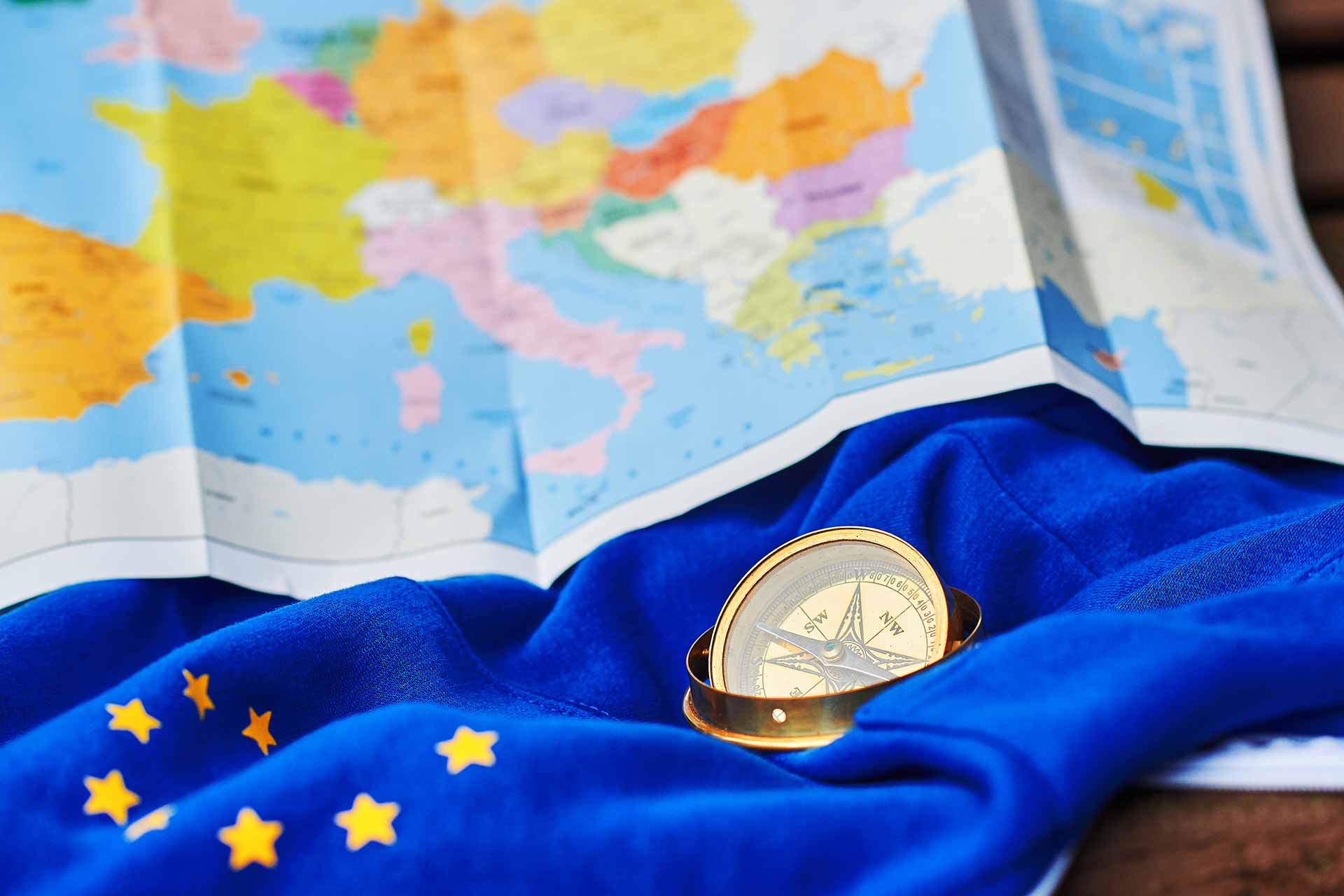The European Union already has the right conditions in place for a “safe reopening” of tourism in the summer, its commissioner for the internal market, Thierry Breton, said on Friday (14 May), while warning that the recovery of the sector “will still take time” after the COVID-19 pandemic.
“It is clear that the situation remains difficult,” Breton said in the opening session of a High-Level Forum on Sustainability and Tourism organised by Portugal as holder of the presidency of the Council of the EU. “However, I am sure that we finally see light at the end of the tunnel. We now have the right tools and conditions to ensure a safe reopening of the tourism season.”
Among these tools, said Breton, who also heads the working group on the EU’s strategy for vaccination against COVID-19, highlighted what he said was a “considerable increase in production capacity” of vaccines, leading him to believe that “by mid-July … enough doses will be delivered to vaccinate 70% of the population” of the bloc.
The green digital certificate, a document aimed at facilitating movement within the EU by certifying that someone is immune to or has recently tested negative for the novel coronavirus that causes COVID-19, will also make it possible to ensure that safe travel and tourism is possible, the commissioner pointed out.
“The European Parliament and the Council are now ready to finalise the negotiations on the certificate by the end of May,” he stressed. “And I am confident that yes, we will be able to have it ready for the summer.”
But, he warned, “the full recovery of the tourism ecosystem will still take time.”
Against that backdrop, Breton argued, tourism businesses should “seize the opportunities of the green and digital transition” – especially in view of changing demands from tourists, who he said are increasingly looking for “greener holidays, destinations with fewer people and [that are] closer to nature to leave a smaller environmental footprint.”
He described the EU’s Recovery and Resilience Fund and multi-year framework for 2021-2027, representing a total of €1.8 trillion in spending as “an unprecedented opportunity” for member states’ tourism officials in strengthening the sector.

